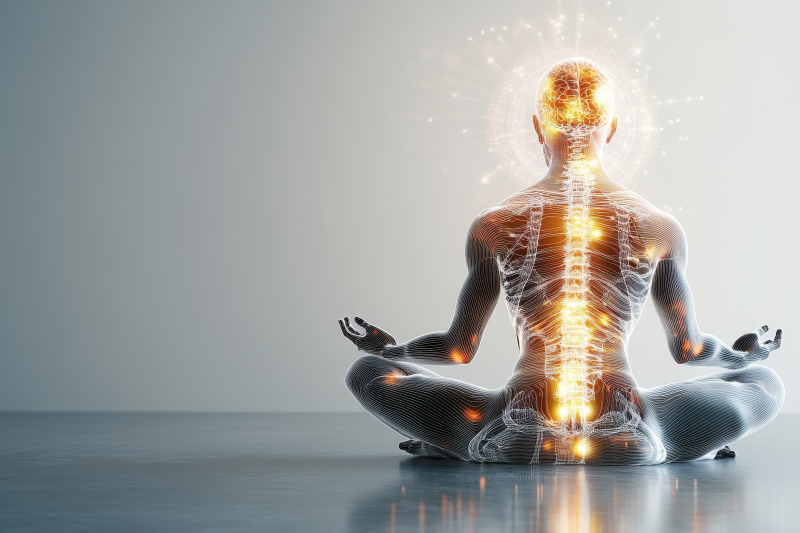My name is Amie. I'm 44 years and have lived with different types of pain for nearly 3 decades, including endo, adeno and fibromyalgia. At 12 years of age, I was placed on the pill to control my symptoms and to reduce the severity and duration of heavy bleeding. I often felt that I had no choice but to take the pill. Awareness was extremely limited in the 1990's and as a pre-teen, my mum was desperate to help me manage the symptoms. With little awareness, I learnt to deal and manage with the crippling pain, accepting that at least one week every month , I would be bedridden and impacted mentally. I was fortunate enough to give birth to two amazing babies. It was whilst carrying two babies that I developed pubic symphysis and pelvic instability. An MRI of the pelvis detected that I had crack fractures in my pelvis. The pain was excruciating. The labour from childbirth was easier than the pain in my pelvis, which was relentless. Post-pregnancy, it took me a year to walk without debilitating pain but that and the shift in hormones saw me experience crippling ovulation pain that I had never experienced before. It wasn't until I was 40 that I was finally diagnosed with both adeno and endo. Now at 44 years of age, I can experience up to 3 weeks of ovarian and pelvic pain.
Little literature surrounds the long-term impact of living with chronic pervasive pain on the nervous system. For me, long-term pain triggered the onset of fibromyalgia, widespread pain throughout the body. Working from a nervous system perspective has been crucial in supporting my body.

I also feel that the lack of awareness, in particular, with diagnosis often being so prolonged and expensive, combined with the financial burden of having to take time off work, plus the lack of resources available, can impact women immensely to feel isolated and alone. Adeno and pelvic pain also impacts intimacy and sexual health which can have a huge impact on relationships and further cause individuals to feel that there is something wrong with them. The lack of connection can considerably impact one's emotional and mental health.
Whilst there has been so much amazing literature and awareness campaigns on this, I believe that more of the narrative needs to be reminded about the true complexities that women face throughout all stages of their lives and to normalise this for current and future generations. Stigmas and shame need to be removed. A more person-centred approach needs to be considered to empower women with not only their physical health but emotional, mental and sexual health. Women need to be reminded of their amazing potential and that their worth is not defined by what is occurring within their internal body.

My biggest learning is learning to love and accept my body as it is today!
 Skip to main content
Skip to main content